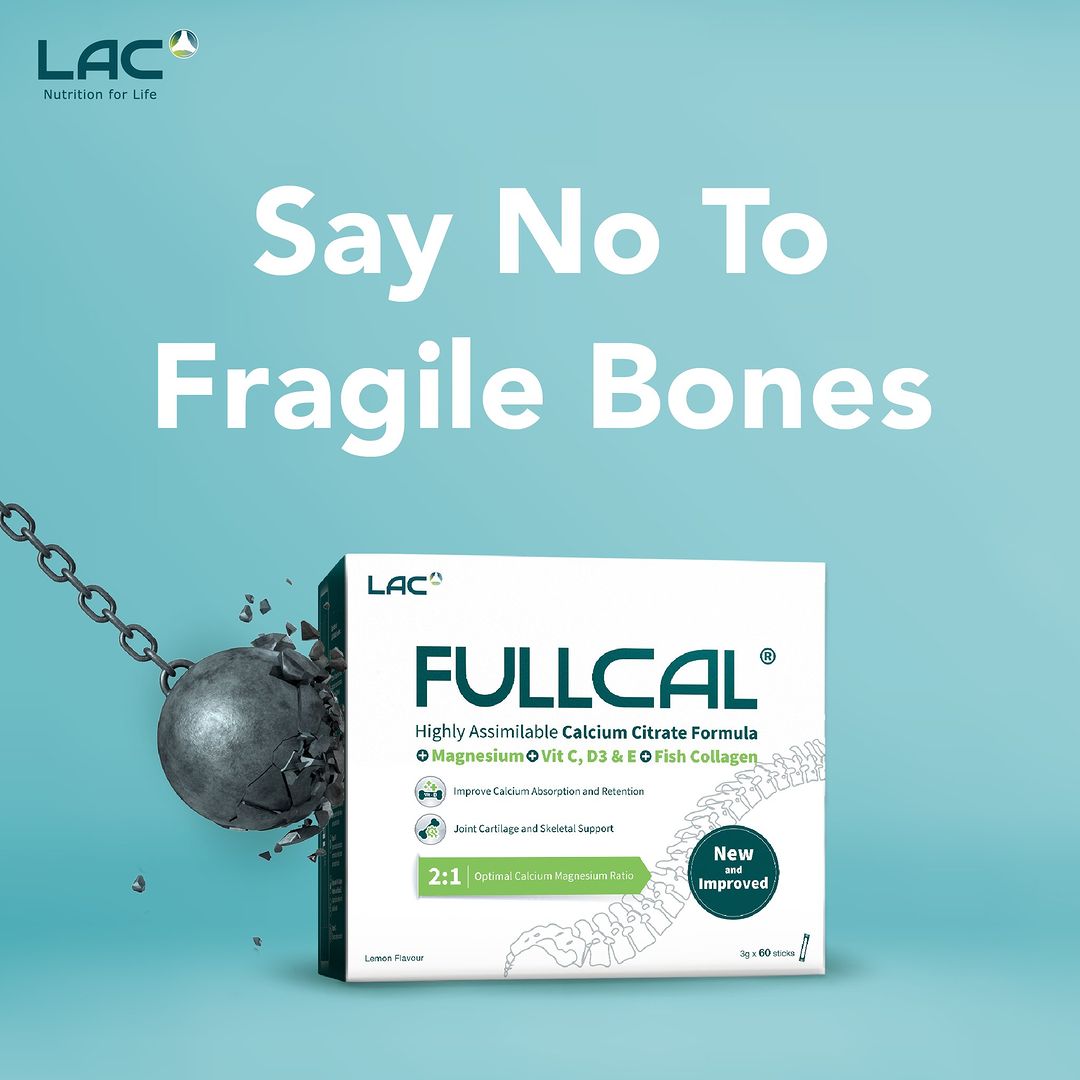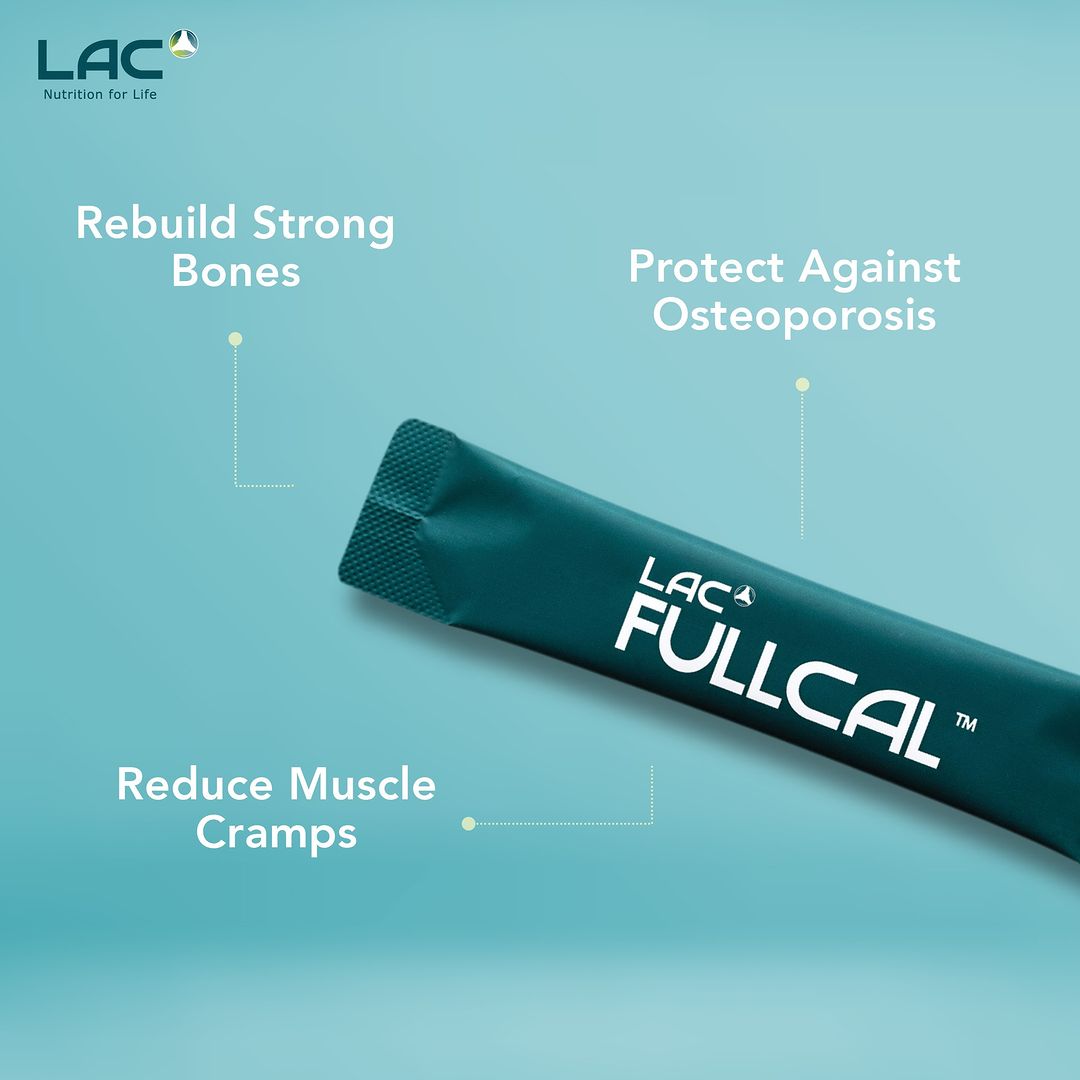Ever stopped to think about your bones? Probably not, right? Bone health tends to be a later-in-life concern but ignoring it now can set you up for trouble later. Osteoporosis and fractures might not be top of mind in your younger years, but by the time they hit, the damage is usually done.
Preventing bone issues starts today, not tomorrow. Your daily choices directly impact how strong your bones will be down the road. Everyday habits can quietly weaken your bones without you even realising it, from what you eat to how you sit. However, it is important to recognise the downside of bad bone habits and by spotting them early, it would be easier to fix them now, thus preserving your mobility for years to come.
What are these everyday habits that could be silently harming your bones? Some might surprise you… and you may even be guilty of them! Let’s take a closer look and learn how you can start making small but effective changes today.

#1 Poor Posture: The Silent Bone Breaker
Ending your day with a stiff neck or sore back? That’s your body signalling stress on your bones! Slouching over desks puts extra strains on your spine and joints, leading to gradual wear and tear. Your Netflix binge-watching while slouched on the sofa is also cause for concern! Prolonged bad posture can result in chronic pain and ultimately weaken your bones. You may even be experiencing some pain right now, so don’t brush this off as just a temporary thing.
Fix this by prioritising good posture. Invest in an ergonomic chair, adjust screens to eye level, and take breaks to move. Avoid heavy bags over one shoulder and think about doing posture-correcting exercises to your routine.
#2 Salt, a Recipe for Bone Trouble
Love adding salt to your meals? Your bones might not be so happy. Excess salt drains calcium from your bones, weakening your skeletal frame over time. It’s not just that unsuspecting sprinkle of salt or two – it’s also the kind of food you eat. Says Cynthia Jetan, a certified nutritionist at LAC Malaysia, “Limit intake of salty foods like sambal, soy sauce, processed snacks, and instant noodles. The key is to maintain a balanced diet for better bone health.” Opt for fresh food and season with herbs and spices instead.
#3 Here Comes the Sun
There’s a good reason why vitamin D is called “the sunshine vitamin”. When your skin is exposed to sunlight, it provides the energy for vitamin D synthesis to occur. Vitamin D instructs the cells in your gut to absorb calcium so your bones remain strong and healthy. Only a handful of foods contain significant amounts of vitamin D, like salmon, egg yolks, sardines, and you would need to eat them nearly every day to get enough vitamin D. Hence why sun exposure is by far the best way to boost vitamin D levels.
How much sun and when? According to the Ministry of Health Malaysia’s official portal (myhealth.gov.my), the best time to absorb sunlight in Malaysia is between 10am and 3pm, at least twice a week for about 10 to 30 minutes. However, it is important to stay mindful of the risks associated with sun exposure. Take precautions to avoid prolonged exposure or if you are planning to be out for longer, consider protective clothing like a wide-brimmed hat.
#4 Coffee or tea?
Where bone health is concerned, it’s probably best to say neither! If you’re downing more than two cups of coffee or tea a day, your caffeine habit might be hurting your bones. High caffeine intake interferes with calcium absorption and increased calcium loss through urine, depleting your body’s calcium reserves.
It doesn’t mean you have to forgo your daily cuppa. Says Cynthia, “Research suggests that moderate caffeine intake, around 400mg or less daily, is unlikely to cause significant bone loss if your calcium intake is adequate. You may consider low-acid coffee as these contain lower levels of caffeine, which may be gentler on your bones. Also, mind the timing of your caffeine intake. Avoid coffee right before or after calcium-rich meals to enhance absorption.”
#5 The Right Kind of Exercise
Exercise is fantastic for overall health, but not all workouts benefit bone strength. Low-impact activities like cycling and swimming are great for fitness but won’t do much for bone density. The kind of exercises experts recommend for your bones? Weight-bearing exercises where you bear your own weight to jolt your bones rapidly and firmly. These include jogging, brisk walking, dancing, tennis, and even as simple as walking upstairs to increase bone mass and density as they produce a force on your bones that makes them work harder. Complement them with balance training exercises like tai chi and yoga to improve stability and prevent falls.
#6 Watch that Diet!
What you eat directly affects your bones. A diet lacking in calcium and vitamin D can compromise bone health. These nutrients work hand in hand to boost bone density. Calcium-rich foods extend beyond just milk and cheese! Think of nuts, seeds, green leafy veggies and fish – all of which are teeming with calcium. Add in vitamin D rich foods like eggs and cheese into your diet.
You may also want to think of your gut health and protein intake, says Cynthia. “With diets heavy in fried foods and low in fibre, gut health can suffer leading to poor nutrition absorption, including calcium and vitamin D. Meanwhile, the Malaysian diet can sometimes be heavy on carbs but low in protein. The latter is essential for bone structure.” There are many locally sourced ingredients to boost your calcium intake. “You can opt for small fish with edible bones like ikan bilis and sardine which are great calcium sources. Think tofu and tempeh, which are excellent plant-based sources of calcium. Leafy greens like bok choy and kai lan are also calcium-rich options,” Cynthia shares.
Unfortunately, many Malaysian adults don’t meet their daily calcium needs. “For healthy bones, adults typically need around 1,000mg of calcium daily, with higher requirements for women above 50 at 1,200 mg. Supplements can help to fill in any gaps,” says Cynthia. “Different calcium types have different absorption capabilities. Calcium citrate and calcium citrate malate are generally easier to absorb and gentler on the stomach than calcium carbonate. For optimal absorption, take calcium in smaller doses throughout the day if you need more. Look for supplements that include vitamin D and magnesium, as they enhance calcium absorption. If tablets are difficult to swallow, consider powder forms that can be mixed with water or food—they’re often better absorbed too.”

For those falling short, consider supplements like LAC FullCal® Powder, which combines calcium citrate with magnesium and vitamins D3 as well as fish collagen to support bone building and lower your risk of osteoporosis and bone fracture. The powder form makes it easy to consume, especially for those who struggle with pills.
Will doing all the above reverse weak bones? Unfortunately, osteoporosis can’t be undone but adopting bone-healthy habits can improve bone health. “With the right diet and lifestyle changes, you can slow down bone loss,” says Ketan. Small changes in your daily routine can make a significant difference in your overall well-being and bone strength. Treat your bones right, and they’ll carry you strong for years to come.
The listicle is attributed to Cynthia Jetan, a certified nutritionist from LAC Malaysia.
This content is provided by LAC Malaysia.
The views expressed here are those of the author/contributor and do not necessarily represent the views of Malaysiakini.
Interested in having your press releases, exclusive interviews, or branded content articles on Malaysiakini? For more information, contact [email protected] or [email protected].

